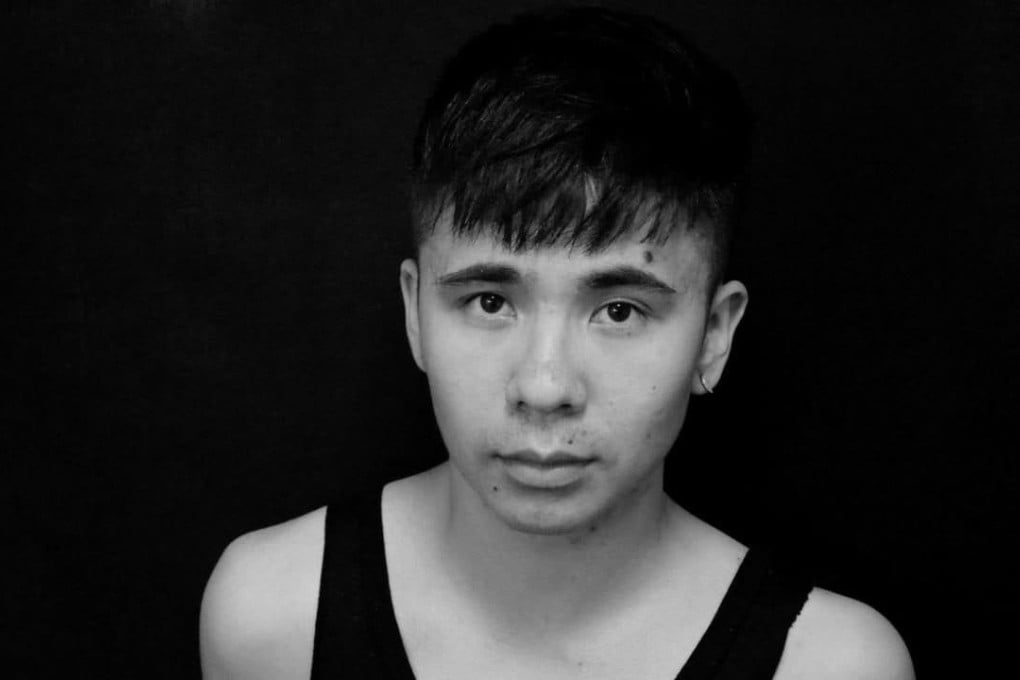TS Eliot prize goes to Vietnam-born US poet for debut collection Night Sky With Exit Wounds
Two years after Hong Kong-born Sarah Howe became first poet to win the prize with debut collection, Ocean Vuong repeats the feat; at a London ceremony, the chairman of judges hails ‘the definitive arrival of a significant voice’

After becoming the first literate person in his family and a prize-winning poet festooned with awards, Vietnam-born Ocean Vuong has now won perhaps his most prestigious accolade yet for his debut collection: the TS Eliot prize.
Reflecting on the aftermath of war over three generations, the collection, Night Sky With Exit Wounds, has already landed 29-year-old Vuong the Forward prize for best first collection, as well as the Whiting and the Thom Gunn awards.
I’m always trying to look for words inside words. It’s so beautiful to me that the word laughter is inside slaughter
The book has also been critically acclaimed, with Observer critic Kate Kellaway describing it as “a conduit for a life in which violence and delicacy collide”, and The New York Times’ Michiko Kakutani praising Vuong’s “tensile precision reminiscent of Emily Dickinson’s work, combined with a Gerard Manley Hopkins-like appreciation for the sound and rhythms of words”.
Ocean Vuong reads from Night Sky With Exit Wounds
Before announcing Vuong as the winner at a ceremony at the Wallace Collection in London on Monday, chair of judges Bill Herbert called Night Sky With Exit Wounds “a compellingly assured debut, the definitive arrival of a significant voice”.